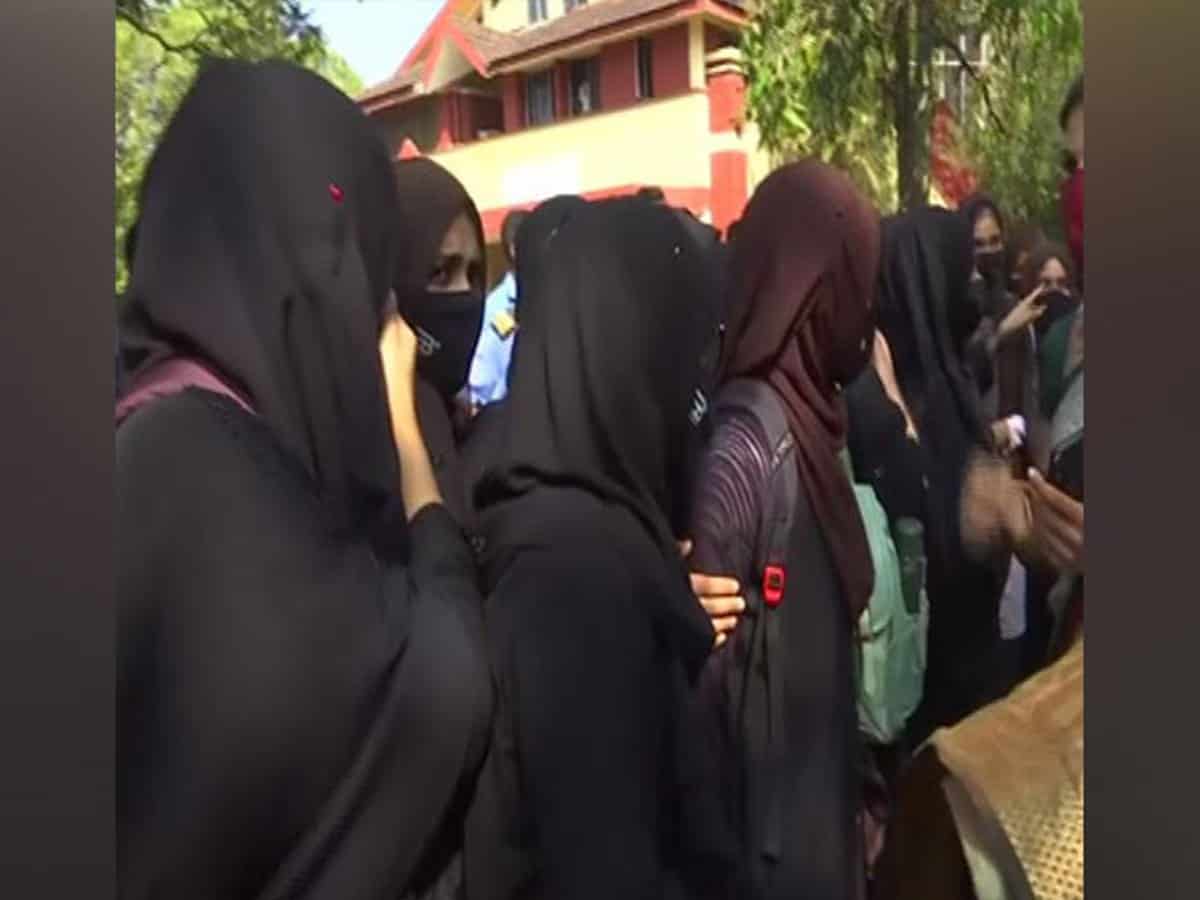
The US Commission on International Religious Freedom (USCIRF) is irked with the United States Department of State for omitting India and Nigeria from the list of Countries of Particular Concern.
The study of countries of particular concern is done under the International Religious Freedom Act. “There is no justification for the State Department’s failure to recognize Nigeria or India as egregious violators of religious freedom, as they each clearly meet the legal standards for designation as CPCs.”
USCIRF is upset that the Secretary of State did not implement its recommendations and recognize the severity of the religious freedom violations that both USCIRF and the State Department have documented in those countries,” observed USCIRF chair Nuri Turcle.
In line with the IRFA, the US State Department designated countries including Burma, China, Eritrea, Iran, North Korea, Pakistan, Russia, Saudi Arabia, Tajikistan, and Turkmenistan as CPCs. The department had earlier added Cuba and Nicaragua to its CPC list, both of which previously had been on the Department’s SWL.
In its 2022 Annual Report in April, USCIRF recommended the re-designation of the 10 CPC countries, and also recommended CPC designation for Afghanistan, India, Nigeria, Syria, and Vietnam. Then the USCIRF recommended SWL placement for Cuba and Nicaragua based on conditions in those countries in 2021, but the situation in both has deteriorated this year.
The State Department placed on its SWL Algeria, the Central African Republic (CAR), Comoros, and Vietnam. USCIRF recommended in its 2022 Annual Report that Algeria and CAR be placed on the SWL. It is to be noted that Azerbaijan, Egypt, Indonesia, Iraq, Kazakhstan, Malaysia, Turkey, and Uzbekistan be included as well.
“USCIRF welcomes the State Department’s recognition of the worsening situations in both Cuba and Nicaragua this year. We also appreciate the State Department’s inclusion this year of CAR and Vietnam on its Special Watch List(SWL). While we believe conditions in Vietnam meet the CPC standard, we hope the State Department’s SWL designation will encourage the Vietnamese government to take concrete steps to address longstanding religious freedom concerns,” said USCIRF Vice Chair Abraham Cooper.
“USCIRF is disappointed that the State Department did not include Afghanistan as a CPC this year. While it did re-designate the Taliban as an ‘entity of particular concern,’ or EPC, that does not reflect the reality that the group is the de facto government of the country,” the organisation said in a statement.
The State Department also designated nine EPCs, which are non-state actors that engage in systematic, ongoing, and egregious violations of religious freedom pursuant to IRFA. USCIRF recommended the redesignation of seven of these actors in its 2022 Annual Report: al-Shabaab, Boko Haram, Hay’at Tahrir al-Sham (HTS), the Houthis, Islamic State in the Greater Sahara (ISGS), Islamic State in West Africa Province (ISWAP) (also referred to as ISIS-West Africa), and Jamaat Nasr al-Islam wal Muslimin (JNIM).
Since the issuance of its 2022 Annual Report, USCIRF has consistently shared its recommendations with the U.S. Department of State and Congress. The organisation’s recent publications comprise updated reports on Religious Freedom Conditions in India, Blasphemy Laws in Nigeria, Violence and Religious Freedom in Nigeria, Religious Freedom in Afghanistan, Religious Freedom in Nicaragua, and Constitutional Reform and Religious Freedom in Cuba. During 2022, USCIRF held hearings on Afghanistan, Nigeria, and Nicaragua.



